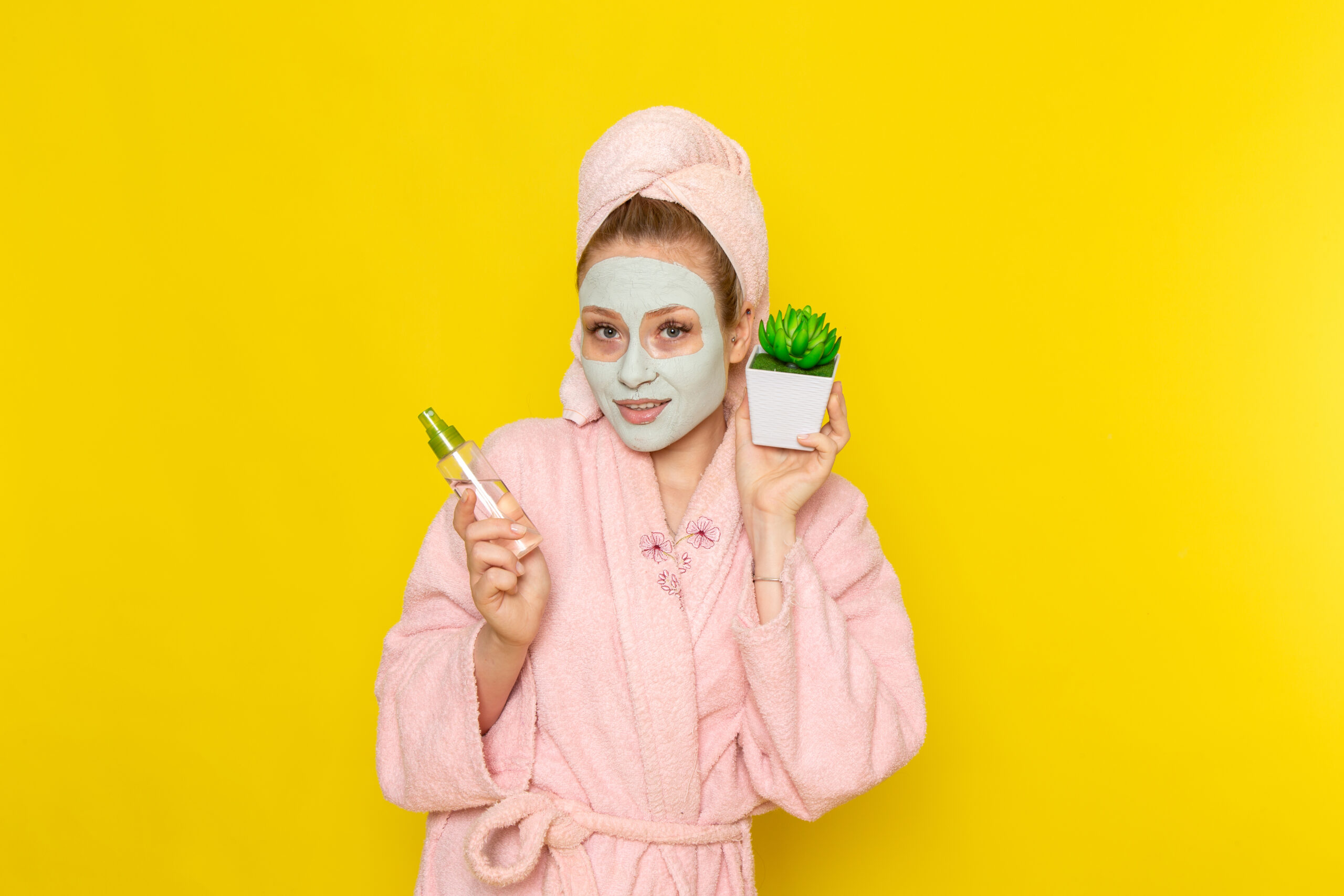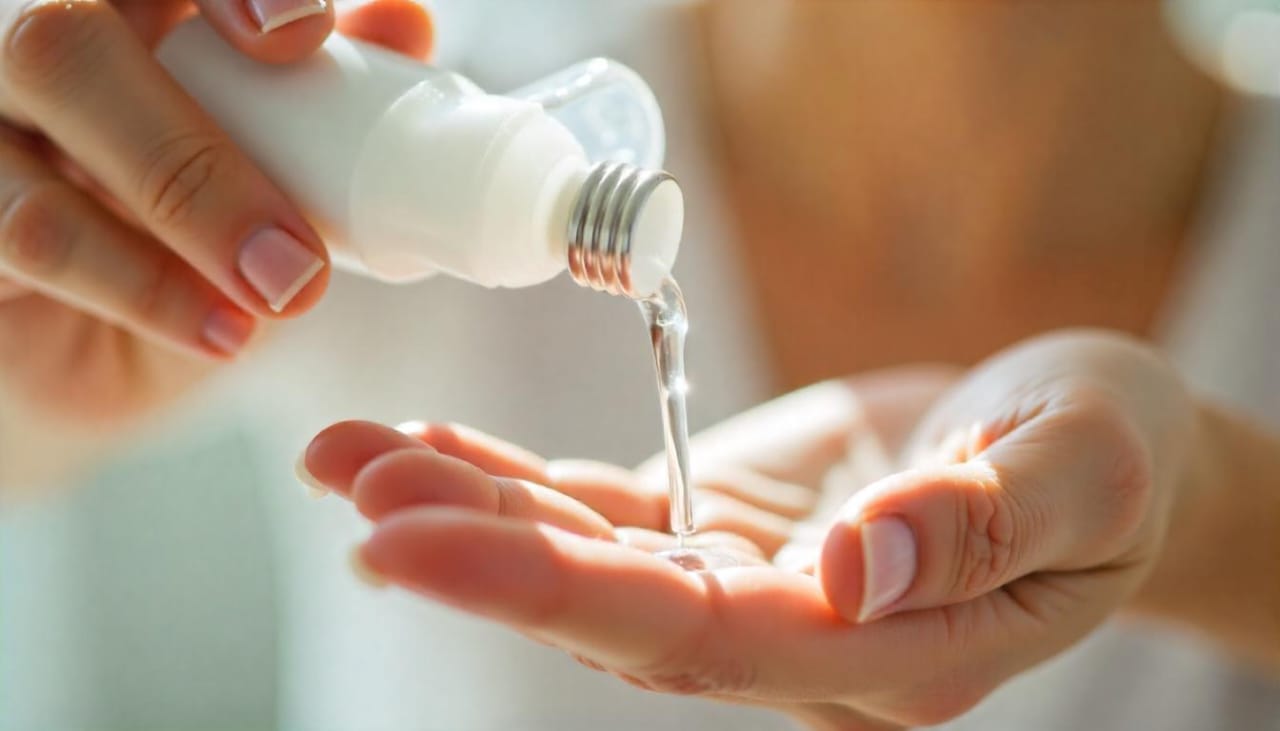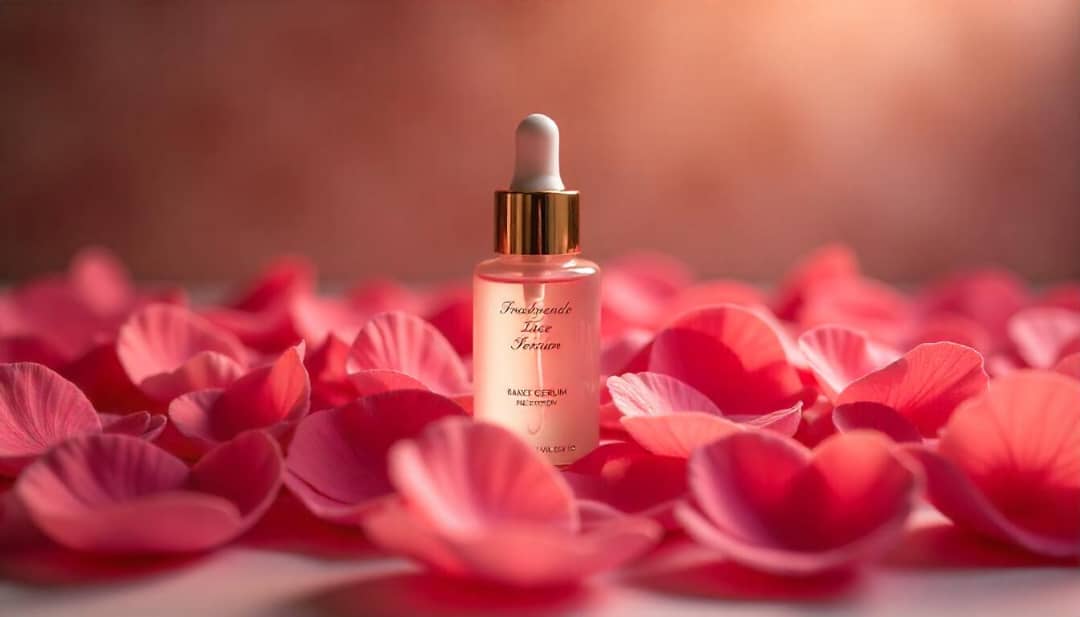
Face masks have become a cornerstone of skincare routines, offering a concentrated boost of nourishment, hydration, and rejuvenation. With so many options available, it can be overwhelming to determine which mask is best for your skin. This ultimate guide will walk you through everything you need to know about face masks, from types to benefits and how to choose the perfect one for your skin type.
Why Use Face Masks?
Face masks are an excellent way to:
- Deep Cleanse: They remove impurities, excess oil, and dead skin cells that regular cleansers might miss.
- Hydrate: Masks infuse your skin with moisture, leaving it soft and supple.
- Target Skin Concerns: From acne to dullness, masks can tackle specific issues.
- Relax and Rejuvenate: The ritual of applying a mask is a perfect self-care moment.
Types of Face Masks
Understanding the different types of face masks is essential to selecting the right one for your skin:
1. Clay Masks
Best for: Oily and acne-prone skin.
- Benefits: Absorbs excess oil, unclogs pores, and detoxifies the skin.
- Ingredients to Look For: Kaolin, bentonite, or charcoal.
2. Sheet Masks
Best for: All skin types, especially dry or sensitive skin.
- Benefits: Provides an instant hydration boost and soothes the skin.
- Pro Tip: Refrigerate your sheet mask for a cooling effect.
3. Gel Masks
Best for: Dehydrated and sensitive skin.
- Benefits: Cooling, calming, and hydrating.
- Key Ingredients: Aloe vera, cucumber, or hyaluronic acid.
4. Exfoliating Masks
Best for: Dull or uneven skin texture.
- Benefits: Removes dead skin cells and promotes cell turnover.
- Active Ingredients: AHAs, BHAs, or enzymes.
5. Cream Masks
Best for: Dry and mature skin.
- Benefits: Intensely hydrating and nourishing.
- Star Ingredients: Shea butter, ceramides, or vitamin E.
6. Overnight Masks
Best for: All skin types, especially for those seeking convenience.
- Benefits: Works while you sleep to repair and rejuvenate.
- Must-Haves: Niacinamide, peptides, or retinol.
Choosing the Right Face Mask
- Know Your Skin Type:
- Oily? Opt for clay or exfoliating masks.
- Dry? Choose cream or gel masks.
- Sensitive? Focus on fragrance-free options.
- Target Specific Concerns:
- Acne? Masks with tea tree oil or salicylic acid work wonders.
- Dullness? Vitamin C-based masks add brightness.
- Aging? Look for retinol or collagen-infused options.
- Read the Labels:
- Avoid harmful additives like alcohol or synthetic fragrances.
- Check for high-quality, natural ingredients when possible.
How to Use Face Masks
- Clean Your Skin: Wash your face to remove dirt and oil.
- Apply Evenly: Spread the mask in a thin layer, avoiding the eye area.
- Follow Directions: Adhere to the recommended duration.
- Moisturize Afterward: Lock in the mask\u2019s benefits with a hydrating cream.
- Be Consistent: Use 1-3 times a week for the best results.
DIY Face Masks
For those who prefer natural solutions, here are a few easy-to-make recipes:
Hydrating Honey Mask
- Ingredients: 1 tbsp honey, 1 tsp aloe vera gel.
- Leave on for 15 minutes, then rinse with warm water.
Brightening Turmeric Mask
- Ingredients: 1 tsp turmeric, 2 tbsp yogurt, 1 tsp honey.
- Apply for 10 minutes, then rinse thoroughly.
Soothing Oatmeal Mask
- Ingredients: 2 tbsp ground oatmeal, 1 tbsp yogurt, 1 tsp honey.
- Apply for 15 minutes and wash off gently.
Common Mistakes to Avoid
- Skipping a Patch Test: Prevent irritation by testing first.
- Overusing Masks: Too much can harm your skin barrier.
- Leaving Masks On Too Long: Follow the instructions to avoid drying out your skin.
- Neglecting Post-Mask Care: Always moisturize to maximize benefits.
Conclusion
Face masks are a powerful tool in any skincare arsenal, providing targeted solutions and a moment of tranquility. By understanding your skin\u2019s needs and choosing the right mask, you can achieve a glowing, healthy complexion. Whether you prefer store-bought masks or DIY creations, consistency is key. So treat yourself\u2014your skin will thank you!



